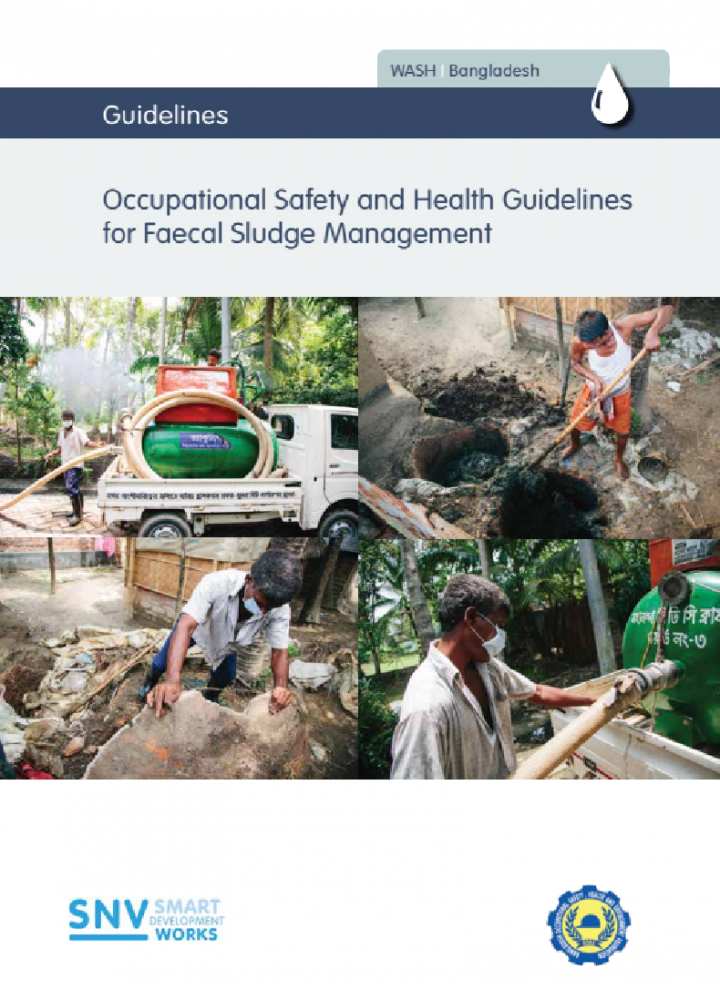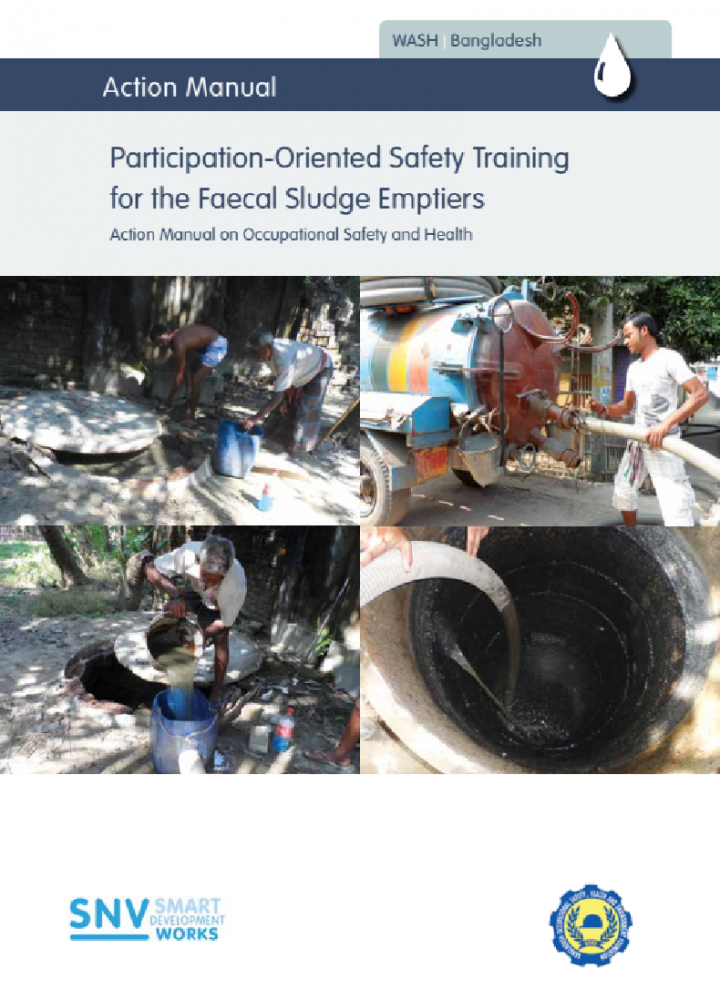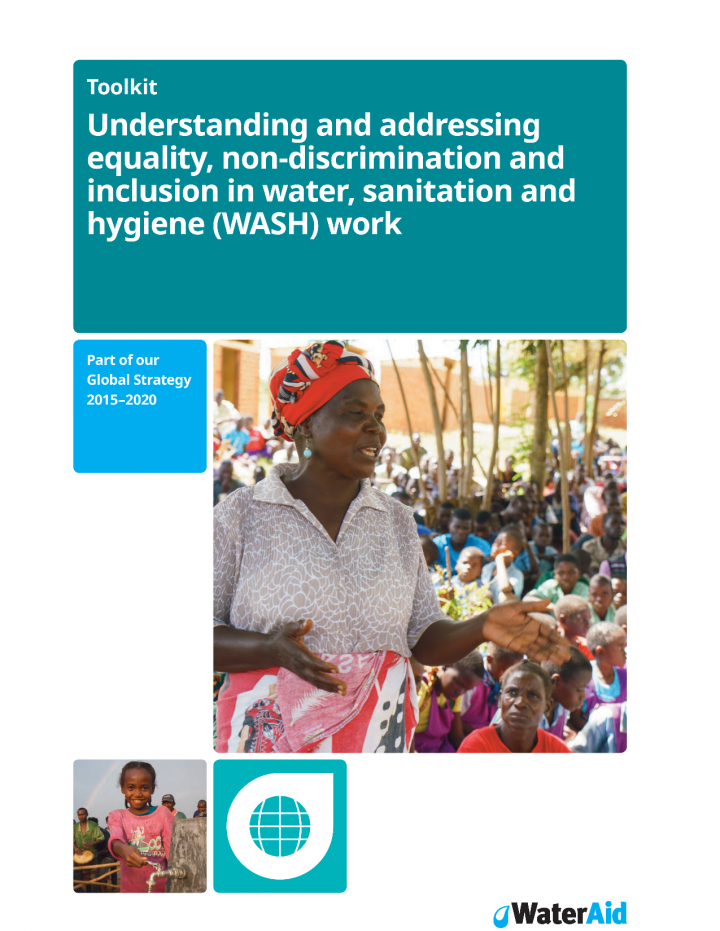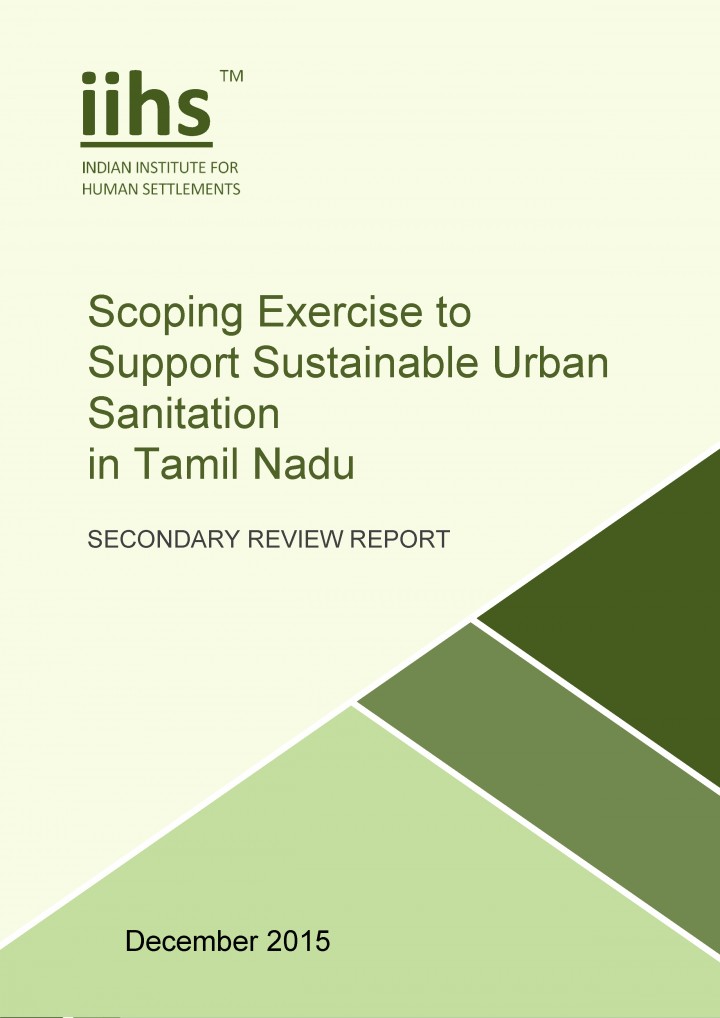Searching for information on Sanitation Workers?
The Sanitation Workers Knowledge + Learning Hub is the best source for all current news, trends, articles and updates on sanitation workers rights around the world.
This document was prepared by the Humanitarian Programme Cycle Steering Group of the Inter- Agency Standing Committee (IASC). It is primarily for managers of organizations that prepare for and respond to humanitarian crises. It provides an overview of what needs to be done, when and by whom, to enable managers to allocate staff and tasks, sequence decisions and planning, and identify priorities.
This evidence paper looks at 10 areas identified collaboratively with UNICEF on which WASH can plausibly have a strong impact: diarrhoea, nutrition, complementary food hygiene, female psychosocial stress, violence, maternal and newborn health, menstrual hygiene management, school attendance, oral vaccine performance, and neglected tropical diseases. Together, these areas cover the most …
Background
Water, sanitation, and hygiene (WASH) interventions are amongst the most crucial in humanitarian crises, although the impact of the different WASH interventions on health outcomes remains unclear.
Aim
To examine the quantity and quality of evidence on WASH interventions on health outcomes in humanitarian crises, as well as evaluate current evidence on their effectiveness against …
Demonstration of Pro-poor Market-based Solutions for Faecal Sludge Management in Urban Areas of Southern Bangladesh is a project implemented by SNV Netherlands Development Organisation in partnership with Khulna City Corporation, Jhenaidah and Kushtia Paurashavas. Improvement of working conditions in sludge emptying and transportation is identified as a major area of action under the project. In …
In Bangladesh, the most commonly used sanitation options such as pit-latrines and pour-flush latrine use pits or septic tanks for containing faecal sludge (FS) for a certain period of time which require regular emptying when the tanks or pits become full. This emptying and disposing of faecal sludge is usually performed in a traditional (manual) way by a certain group of people in the society …
Persons with disabilities often experience discrimination and exclusion, despite the adoption of an increasingly rights-based approach to humanitarian assistance. The past three decades have witnessed a growing awareness of disability issues and the emergence and spread of disabled people’s organisations.
The growing awareness must be accompanied by practical measures to identify and reduce …
Water quality monitoring is important for identifying public health risks and ensuring water safety. However, even when water sources are tested, many institutions struggle to access data for immediate action or long-term decision-making. We analyzed water testing structures among 26 regulated water suppliers and public health surveillance agencies across six African countries and identified …
Water safety plans (WPS) have been implemented in every region of the world, and many implementing countries have included WSPs in drinking-water policies or regulations. Enforcement of WSP requirements, as well as general WSP success and sustainability, requires ongoing WSP auditing, i.e. independent and systematic checks of WSP completeness, implementation in practice and effectiveness.
The …
This report seeks to stimulate the much-needed discussion on developing a better approach to assisting people in urban areas that have been affected by protracted armed conflict. It combines current research with over three decades of ICRC experience in urban areas, deriving information through focus groups and individual interviews as well as from in-depth studies on Iraq and Gaza. The …
The Multi-Cluster/Sector Initial Rapid Assessment (MIRA) is a joint needs assessment tool that can be used in sudden onset emergencies, including IASC System-Wide Level 3 Emergency Responses (L3 Responses). The IASC Transformative Agenda recognized the critical role of needs assessment as a basis for overall and cluster strategy development; agreed that needs assessment should be well …
Zugang zu sauberem Trinkwasser und eine hygienische Abwasserentsorgung gehören zu den Menschenrechten und den menschlichen Grundbedürfnissen, die in humanitären Notsituationen gewährleistet werden müssen. Fehlende Abwasserentsorgung und mangelnde Hygiene stellen gerade für ohnehin vulnerable Gruppen ein erhebliches gesundheitliches Risiko dar. Humanitäre Maßnahmen im Bereich Wasser-, …
UNDP is supporting vulnerable host-communities in various areas of Lebanon including the development and construction of water networks and the improvement of livelihoods, particularly in the agricultural sector. For example, within the umbrella of the Lebanese Centre for Water Management and Conservation (LCWMC) at the Ministry of Energy and Water, a project funded by the Swiss Agency for …
Seawater desalination facilities require an intake system capable of providing a reliable quantity of clean seawater with a minimum ecological impact. To meet these objectives, it is essential that a thorough assessment of site conditions be conducted. Physical characteristics, meteorological and oceanographic data, marine biology, and the potential effects of fouling, pollution, and navigation …
Despite concerted efforts to extend water and sanitation services to the fast-growing numbers of people living in urban low-income and often informal areas, the water sector in many parts of Sub-Saharan Africa appears to be stagnating. Many challenges stand in the way of closing the last mile of physical access for an estimated 250 million unserved urban residents. A misguided focus on …
Menstruation is a natural, normal biological process experienced by all adolescent girls and women, yet it is not spoken about openly causing unnecessary embarrassment and shame. India’s 113 million adolescent girls are particularly vulnerable at the onset of menarche. At this time they need a safe environment that offers protection and guidance to ensure their basic health, well-being and …
This resource provides you with a framework for making your work more inclusive and includes tools you can use to put the theory into practice. There are so many tools available it can be hard to know which ones to choose and when to use them. This resource brings together tried and tested resources that will help you embed equality, non-discrimination and inclusion in your work.
The secondary review of urban sanitation in Tamil Nadu provides a situational analysis of the water and sanitation situation in urban areas of the State, situated in the context of economic growth, demographic change, natural resource endowments and their historical utilisation character. This study draws mainly from available secondary literature and data from government and other public …
This publication summarizes the sanitation and hygiene hopes and aspirations of thousands of women and men of different ages and physical ability, across rural and urban areas in eight South Asian countries. In these countries, over a billion people are without safe sanitation. They represent individuals and groups rarely heard because they are seldom asked what their constraints are, what they …
Coral reefs are in decline worldwide, and land-derived sources of pollution, including sewage, are a major force driving that deterioration. This review presents evidence that sewage discharge occurs in waters surrounding at
least 104 of 112 reef geographies. Studies often refer to sewage as a single stressor. However, we show that it is
more accurately characterized as a multiple stressor.Many …
This compendium presents a range of technical options relating for collection, transport, treatment and disposal of fecal sludge in an emergency . It should be used as a guide to identify possible solutions for specific emergency situations and contexts. The final choice of options may need to combine different approaches and technologies and will depend on the phase of the emergency.
Each …








































